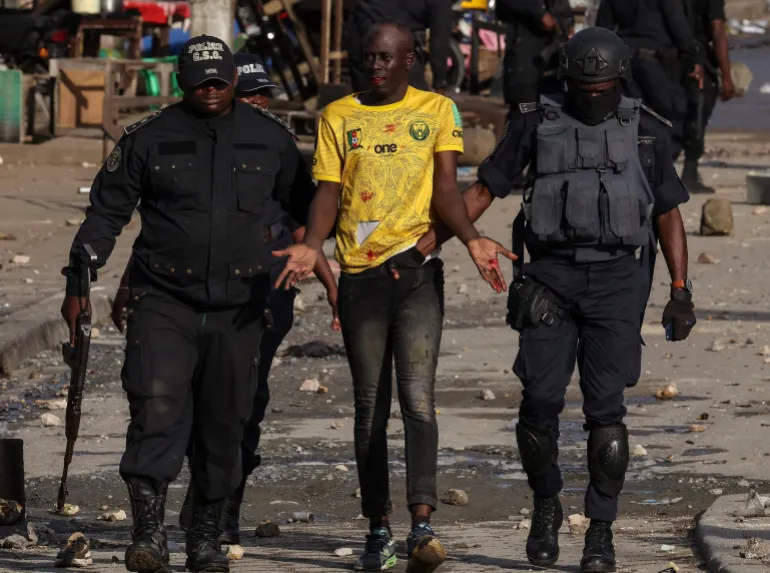Biya’s Win Triggers Deadly Protests and Fresh Scrutiny of France’s Role in Cameroon
- Southerton Business Times

- Oct 30, 2025
- 3 min read

YAOUNDÉ — At age 92, Paul Biya has secured another term as president of Cameroon with 53.66% of the vote, extending a rule that began in 1982. The announcement by the Constitutional Council triggered deadly protests in major cities and raised urgent questions about the fairness of the electoral process and the enduring influence of France in Cameroonian politics.
On 27 October 2025, officials declared Biya the winner, while main rival Issa Tchiroma Bakary, who officially received 35.19%, claimed victory ahead of the announcement and alleged massive fraud. In Garoua, Tchiroma stated on social media that civilians outside his residence were shot at by security forces. Civil society monitors and opposition parties noted numerous irregularities, including deceased names on voter lists and ballot-box issues. With the removal of presidential term limits in 2008, Biya’s eighth term could see him remain in power until nearly 100 years of age.
Following the outcome, demonstrations erupted in Douala and Yaoundé. In Douala alone, at least four people were killed as security forces used tear gas and live ammunition against protesters. Internet service was disrupted across large parts of the country amid mounting unrest. The government’s swift deployment of troops and the imposition of gathering bans reflect heightened fears of widespread instability. With few judicial options—since the Constitutional Council’s rulings are final—those contesting the result face limited legal recourse.
The re-election of Biya has reignited scrutiny of France’s longstanding role in Cameroon. Paris has historically backed Biya’s regime via diplomatic ties, security cooperation, and economic investments. Analysts argue that France prioritises stability and access to extractive industries—particularly oil and timber—over democratic change. A French Foreign Ministry statement expressed concern about the repression of protests yet stopped short of condemning the election itself. Critics say this response reveals France’s ambivalence: while diplomatically cautious, the country’s economic interests in Yaoundé remain substantial.
Biya’s continued leadership comes amid economic uncertainty. Analysts warn that growing political unrest could scare off investors, disrupt regional trade, and hamper extractive-industry projects that rely on political stability. With over 70% of Cameroonians under age 35—many frustrated by unemployment and lack of social mobility—the risk of long-term economic stagnation is rising. The fractured political environment may also complicate relations with the European Union, Francophone neighbours, and regional blocs that value governance as well as stability.
For many Cameroonians, the election is not just about leadership—it is about recognition and rights. Tchiroma, a former Biya ally turned challenger, canvassed northern regions like Garoua where discontent is high. He asserted that his supporters had produced a detailed tally showing his victory. Meanwhile, opposition voices and young voters lament what they describe as hollow democracy. A civil-society leader said: “He’s not just a warlord … he’s a symptom of a broken system that rewards violence and punishes accountability.”
The coming days will test Cameroon’s ability to channel dissent into peaceful dialogue rather than violent suppression. Observers say regulatory bodies and the French government now face a choice: press Biya to open real dialogue and electoral reform, or risk further polarization. The broader question looms—will Cameroon continue to serve as a strategic outpost for France in Central Africa, or will it face mounting pressure for genuine democratic renewal? If unaddressed, the rift between an aging regime and a youthful majority could deepen into social and economic collapse. Cameroon’s journey from election to enforcement will determine whether this result is seen as continuity or a catalyst for change.








Comments